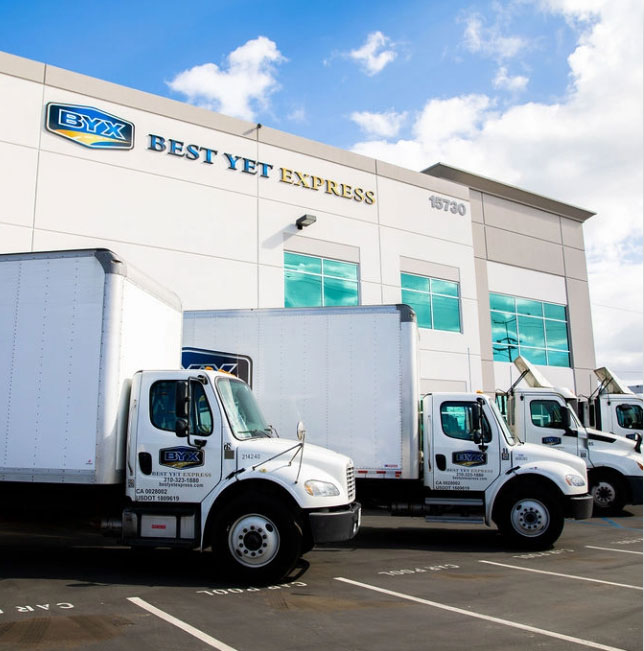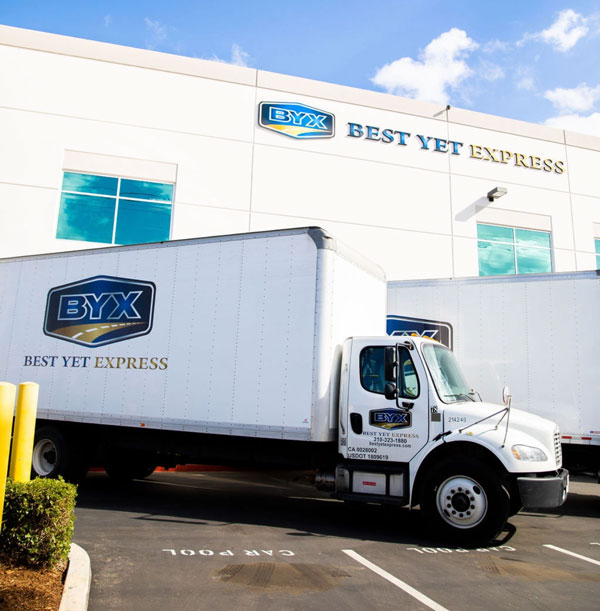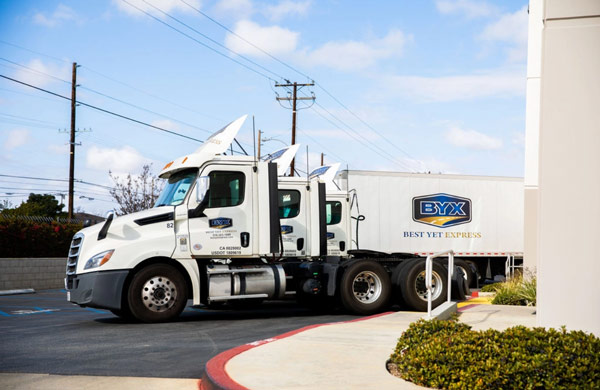Decoding Freight Classifications: Understanding the Key to Efficient Shipping
Freight classification is crucial in logistics to categorize goods, affecting shipping rates and handling. It’s guided by NMFC codes in the U.S., considering factors like density and special requirements. Proper classification ensures cost-effective, efficient transportation, carrier optimization, and regulatory compliance. Businesses benefit from thorough knowledge of this system for streamlined supply chain management.
Decoding Freight Classifications: Understanding the Key to Efficient Shipping Read More »
















